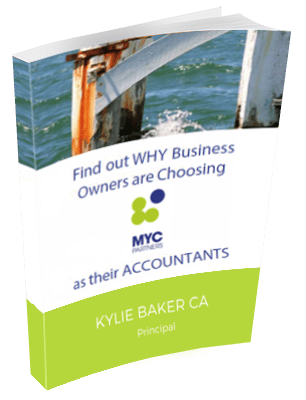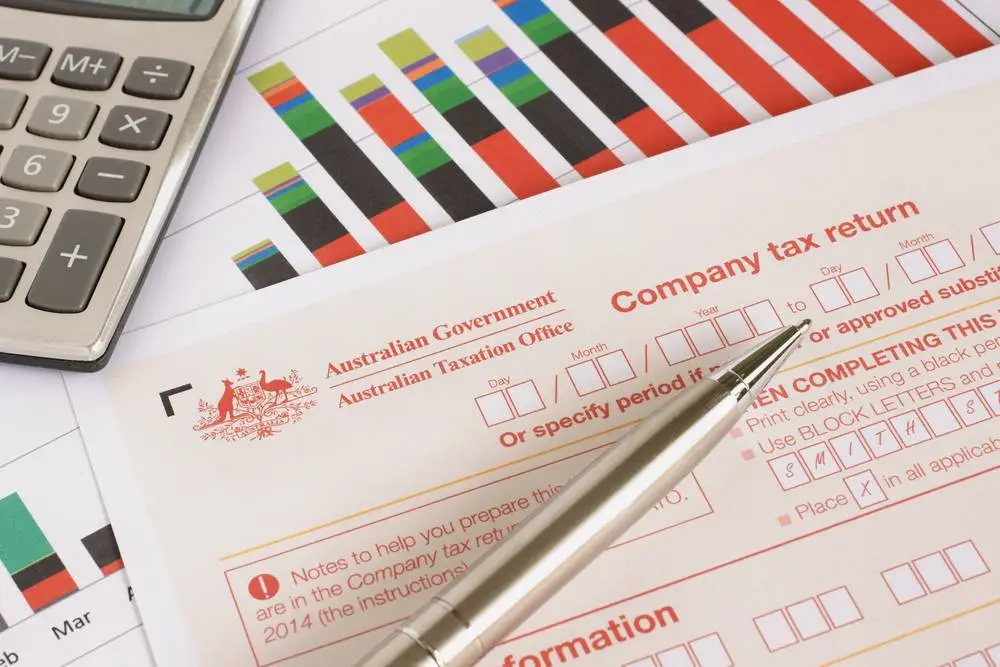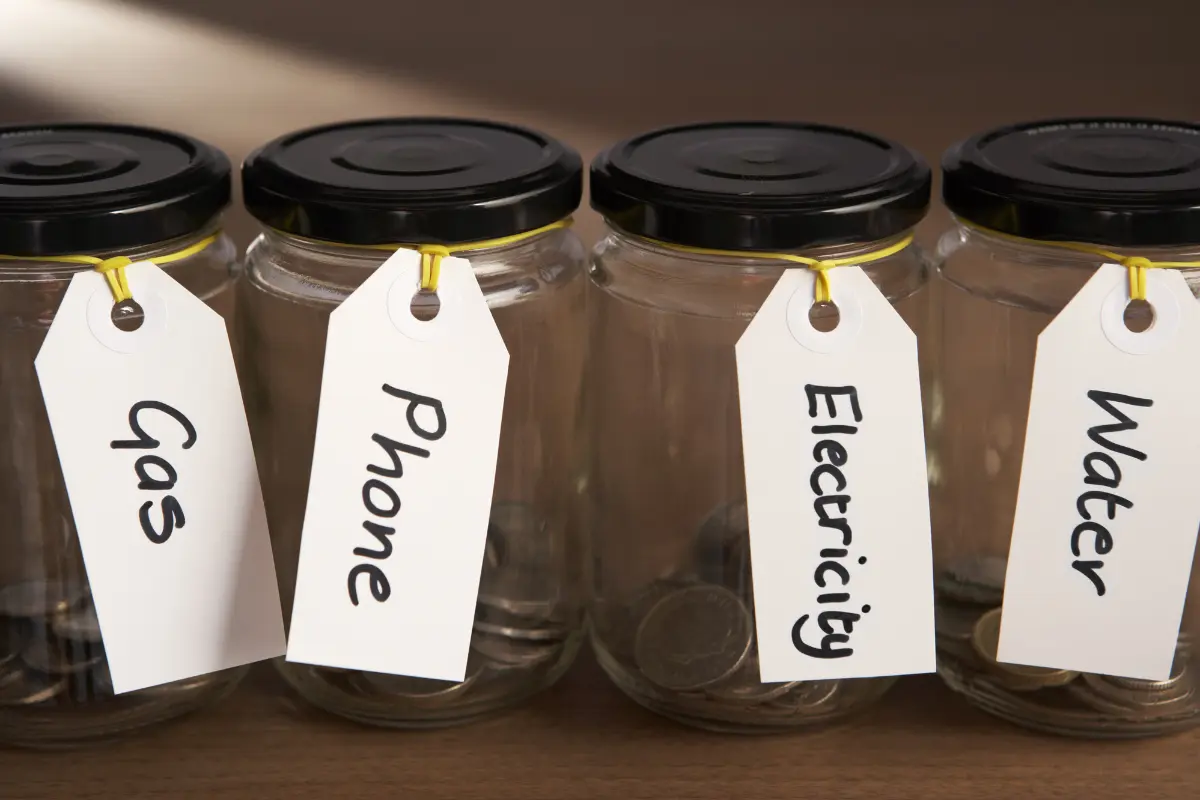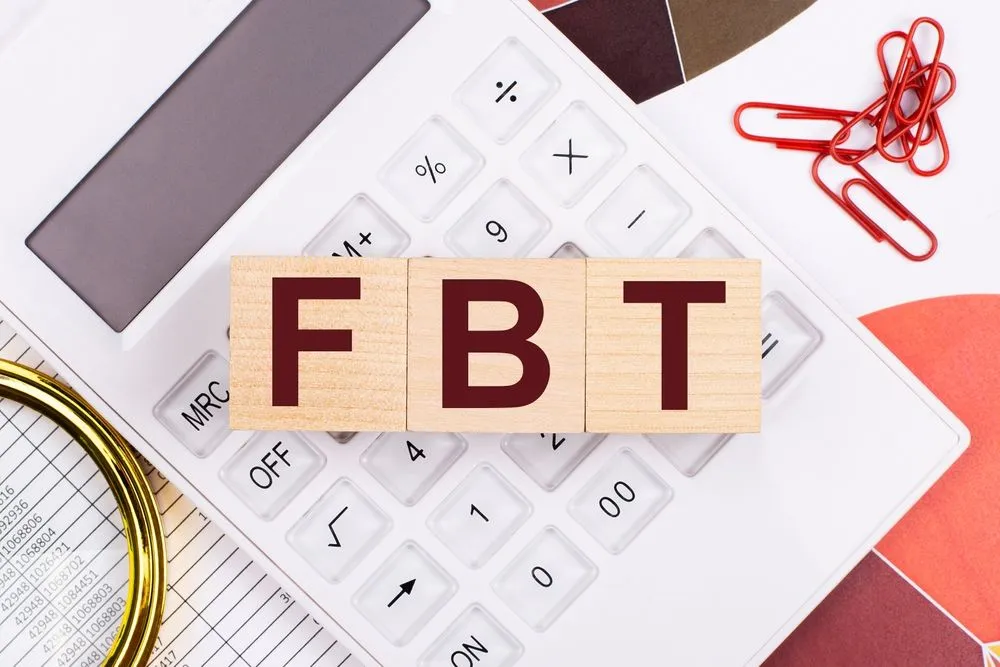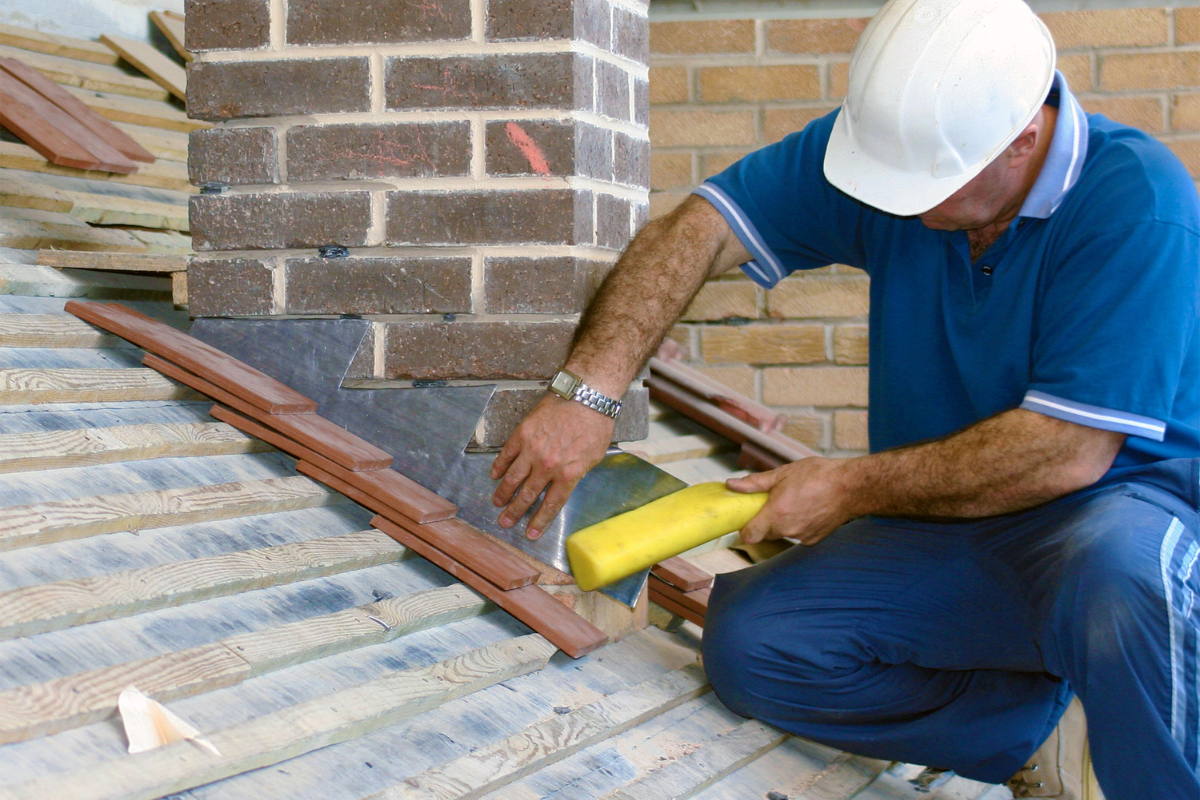
As an experienced accountant, I’ve spent countless hours pouring over sole traders’ financial statements and ledgers. The satisfaction I feel from identifying hidden tax deductions and maximising refunds is unparalleled.
Today, I want to share some insider tips with you, the hardworking sole traders, to help you make the most of your tax deductions.
Motor Vehicle Expenses: Keep That Logbook!
What if I told you…
Come tax season; your humble logbook can prove to be your best friend.
You’ll miss significant deductions if you travel over 5,000 kilometres in a year for business and haven’t kept a logbook.
Yes, it seems like a hassle, but with apps like Driver’s Note, it’s a breeze!
All you need to do is install Bluetooth in your car, record your trips, and designate them as personal or business. It’s worth the effort, believe me.
If you use the logbook method, you will apply the business percentage calculated to claim a deduction for all motor vehicle costs: fuel, rego, insurance, repairs and maintenance, depreciation, and interest on finance (if applicable).
You must remember to keep receipts/documentation of all motor vehicle costs you wish to claim. A simple way is to take photos of your receipts and we will calculate the totals.
Home and Office Expenses: Know What You Can Claim
If you’re working from home (and who isn’t these days?), make sure to keep track of your electricity, internet, and phone expenses.
You can claim a percentage of these costs if you’ve got a designated area solely for business.
However:
Be careful with mortgage interest rates; claiming them might affect your capital gain exemption. It’s always best to check with a professional accountant and regularly visit the ATO website for policy updates.

Other Tax Deductions: Don't Overlook the Little Things
From advertising and marketing to training and tools, there are various expenses that you can claim.
Save those receipts electronically and keep track of everything.
But remember,
You should only claim the business portion if the item is partially used for personal reasons.
Superannuation: A Smart Move for Sole Traders
Did you know?
As a sole trader, you can make tax-deductible super contributions of up to $27,500 annually.
This tax-saving strategy allows you to reduce taxable business income without incurring personal tax on the super money.
Investing in superannuation regularly is not only great for retirement planning, but it also increases cash flow.
Travel Expenses: Know the Rules
Unlike motor vehicle expenses, travel expenses cover tolls, accommodation, meals, and more.
Travel diaries are useful, especially if they include personal excursions.
Know the limits set by the ATO for meals and stay below them if you don’t want to keep those receipts.
Administrative Tips: Embrace Technology
Do you know the best way to keep your receipts organised?
Technology is the answer for busy sole traders.
Apps like Driver’s Note for logbooks and Hubdoc for scanning are game-changers.
Keep all your receipts, invoices, and documents electronically for easy access and to avoid fading.
Consult an Accountant
These sole trader tax deductions tips are a great starting point, but everyone’s situation is unique. It’s always best to consult a certified accountant to ensure your calculations are legitimate and tailored to your business.
Being a sole trader comes with its fair share of challenges, but don’t let missing out on tax deductions be one of them.
The road to financial success is smoother with a clear understanding of what you can claim.
With these tips in hand, you’re well on your way to maximising your deductions and building a more prosperous business.
Contact us now for a FREE consultation with our accounting team – we’ll ensure you legitimately maximise claims and smoothly build prosperity.


